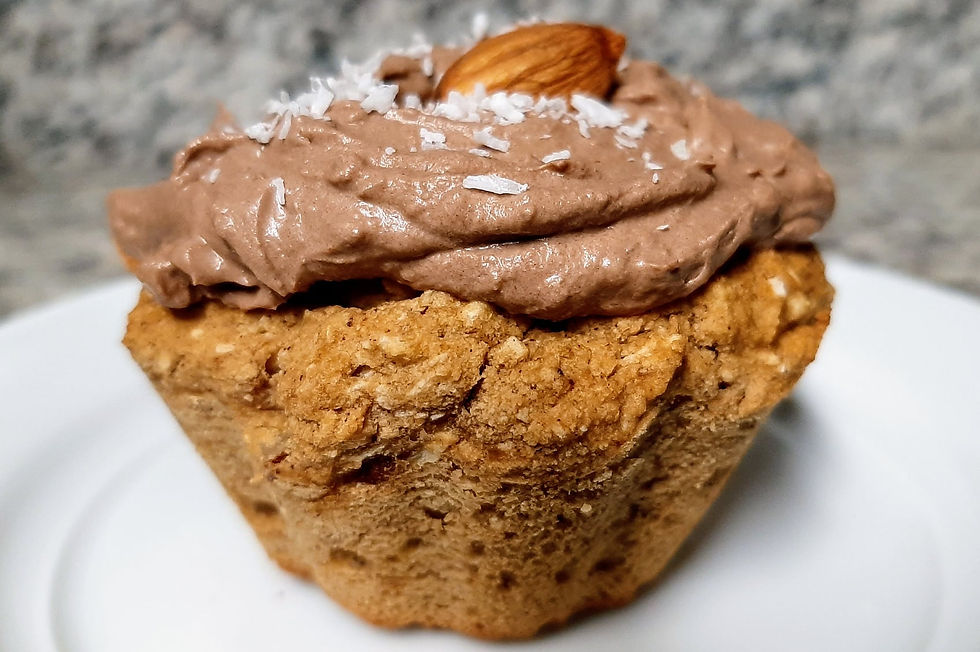Ultra-Processed Food: A Consumer's Digest
- Gina D'Andrea-Penna
- Oct 23, 2021
- 2 min read
After my celiac diagnosis, reading nutrition facts became the norm - which has been both annoying and enlightening. While it certainly is a pain to decipher all the ingredients of a product, I’ve come to realize all the junk they stick into “food.” That is not to say that a given food is absolutely bad or good, but rather that some foods are much more beneficial to our health than others - and when shopping in the grocery store, we should be aware of this reality. Ultra-processed food (read: all the packaged meals and snacks we buy with more than a few ingredients) is designed to high-jack our palates and brains. It is manufactured to be addictive, highly palatable and easy to binge on - how else would companies make money?
By design, then, it is nearly impossible to regulate your appetite or listen to your body when eating processed food. Unless you’re measuring out your servings, you’re apt to overeat. So, even if the product’s ingredients aren’t inherently harmful, excessive quantities of nearly any compound can harm your health. Even sugar, which has been demonized by many, appears perfectly benign when caloric intake is controlled. The more general problem is overeating, which ultra-processed, high-fat, high-sodium, and high-sugar foods tend to encourage, as they are far less satiating than whole foods.
Can processed food serve a purpose? Sure. Many processed foods are shelf-stable and able to last much longer than fresh produce and meat - which has proven useful to many during pandemic times. And, of course, processed foods are more convenient, often requiring little time to prepare (as little time as it takes to rip open the box!). Moreover, as with all foods and behaviors, processed food can be enjoyed for reasons independent of its nutritional value (or lack thereof): maybe dipping an oreo into milk conjures feelings of nostalgia, or microwaving some popcorn brings the family together on a home movie night.
When choosing what to eat, you don’t always have to choose the “healthiest” or most nutritious option - sometimes it is okay to treat yourself, to bring family and friends together over a meal, to savor whatever it is you may be craving. Simply be cognizant of why you are eating what you are eating, making a conscious and informed decision to fulfill whatever need you are prioritizing at the moment: it may be nutrition, sociality, or palatability. If you care about your nutrition the majority of the time, you need never feel guilty about indulging every now and then. Awareness is key - and we must take responsibility into our own hands, for the food industry is only concerned with profit, which is realized by manipulating the consumer. Know what you’re getting into when you open the bag of Lay’s; acknowledge that one handful can easily turn into an entire bag. If you overeat, it isn’t a failure of will - you are human, placed in an environment of highly addictive food. Just move on, modify your environment, and stay mindful.

In my opinion, no packaged food beats homemade baked goods. But that's just me.



Comments